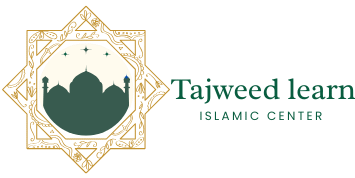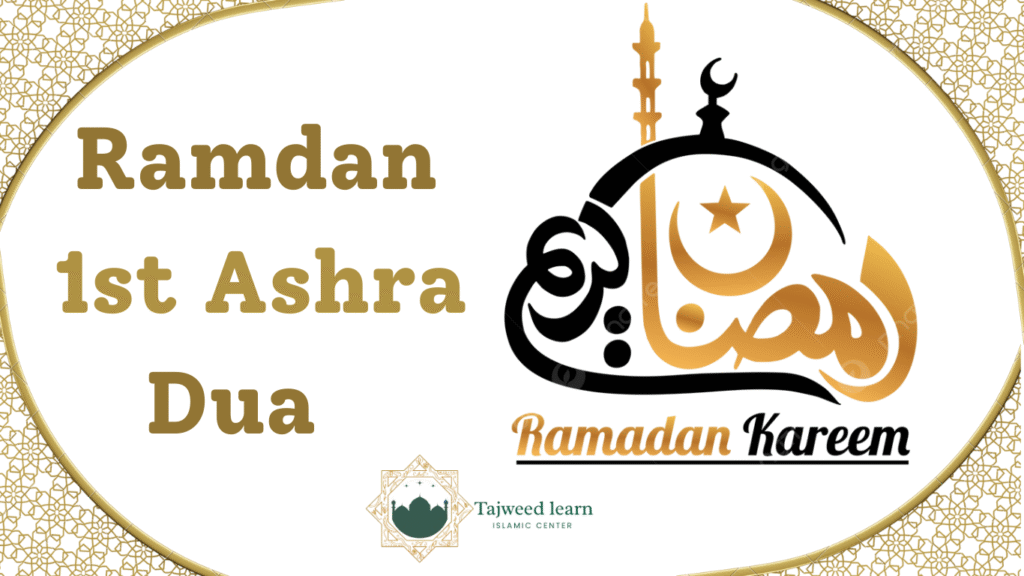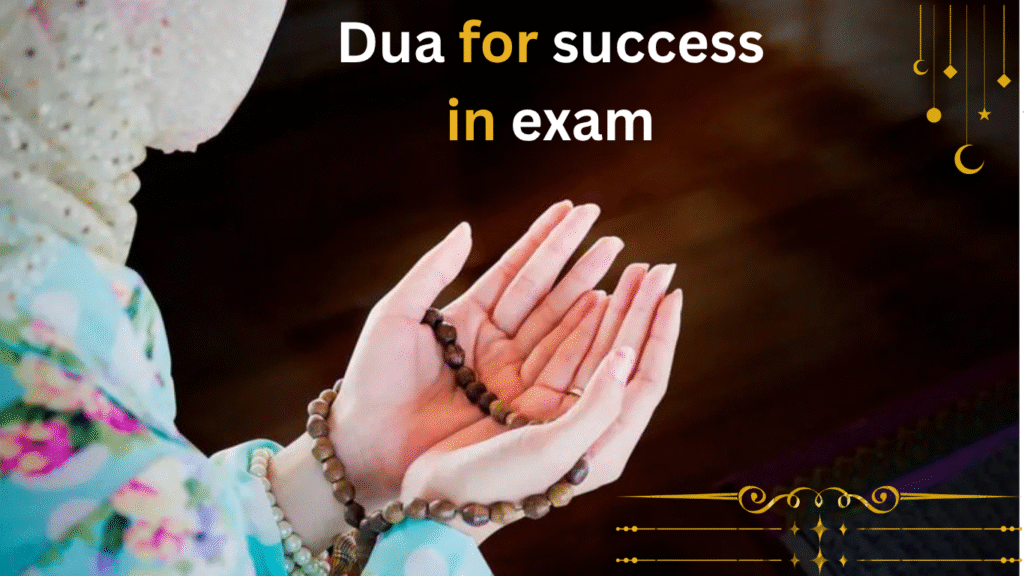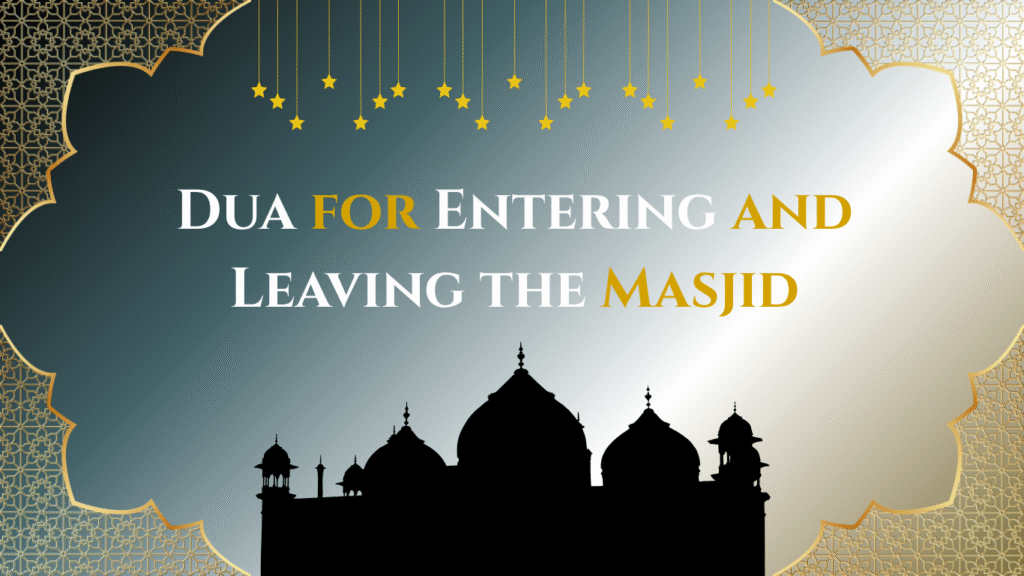Introduction
The month of Ramadan is described by the Prophet through Hadith as a time of mercy, forgiveness, and ransom from the Fire. Though some scholars call this narration weak, many still recognize its importance and motivate Muslims to seek mercy through Supplications. This month is perfect for spiritual growth and reflection.
Embracing the Mercy of the First Ashra
In the First Ashra, reciting Dua like “RAB-BIGH-FIR WAR-HAM WA ANTA KHAIR-UR-RAAHIMEEN” helps Muslims seek Allah’s mercy and forgiveness. These ten days are special for kindness and prayers, and saying this duaa much in the pehle ashray brings spiritual peace. It’s a powerful way to connect with the Merciful during this blessed time.
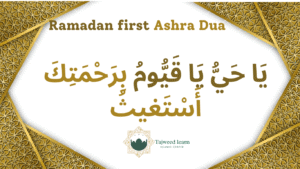
Ramadan first Ashra Dua
Arabic:
Transliteration:
Translation in English :
Translation in Urdu :
Importance of First Ashra
The first ten days of Ramadan, known as the Days of Mercy, are a special time for Muslims to focus on attaining Allah’s mercy and forgiveness for missed sins. Through self-introspection, repentance, and reciting the Pehle Ashray Ki Dua, which invokes Allah’s compassion and blessing, we humbly ask His mercy, acknowledging that only He can grant it. This period encourages us to purify our soul, be kind to others, and help those in need, strengthening our ties with Allah (SWT) and deepening our spiritual growth.
Best Times to Recite the First Ashra Dua
The Ramadan First Ashra Dua can be recited at any time during the first ten days, but the best practice is to repeat this dua frequently throughout the day, especially during important moments like prayer, after obligatory salah, suhoor (the pre-dawn meal), and iftar (the meal to break the fast). Regularly reciting and reminding yourself of Allah’s infinite mercy during these times strengthens your faith and brings greater blessings in this sacred period.
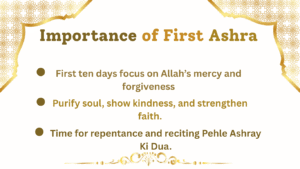
Understanding the Role of Ashras During Ramadan
- Ramadan is divided into three Ashras, and each has a special focus.
- The First Ashra is for Mercy (Rehmah), about seeking Allah’s mercy and showing kindness to others.
- The Second Ashra teaches Forgiveness (Maghfirah), a time to repent for sins and seek Allah’s forgiveness.
- The Third Ashra brings Salvation (Nijat), where we spend days asking Allah for protection from the Hellfire and seeking salvation.
Why This Dua Holds Such Deep Power?
The Heart Behind the Words
What makes this dua so special is its deep essence wrapped in simplicity and depth. When we recite “رَبِّ, اغْفِرْ, وَارْحَمْ,” we are calling on Allah to forgive our past and grant us mercy for what lies ahead. Every believer finds comfort in this powerful plea for forgiveness, sins, and challenges, recognizing Allah as the Most Merciful, with infinite ability to show kindness beyond measure.
Hadiths Highlighting the Mercy of the First Ashra in Ramadan
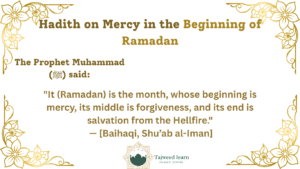
1.Hadith on Mercy in the Beginning of Ramadan
The Prophet Muhammad (ﷺ) said:
🟢 This Hadith directly highlights the First Ashra (first 10 days) as being days of Mercy (Rehmah).
2. Hadith on Allah’s Mercy in Ramadan
The Prophet Muhammad (ﷺ) said:
🟢 This Hadith shows how Allah’s mercy becomes widely accessible during Ramadan, especially at its start.
